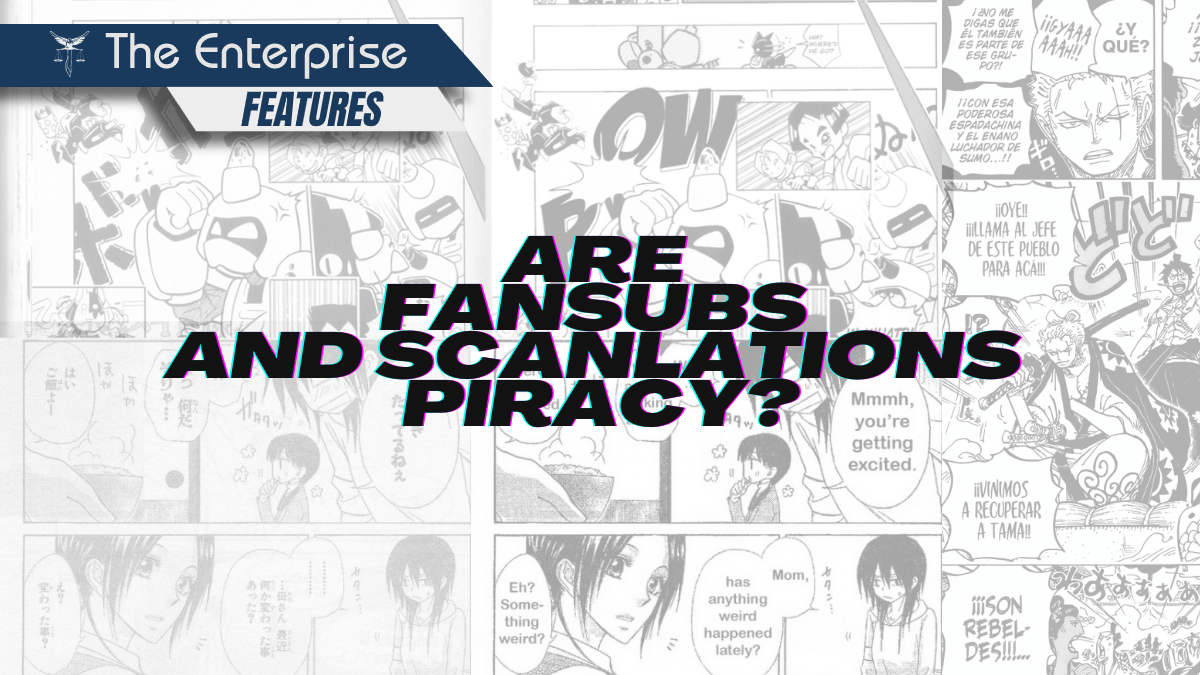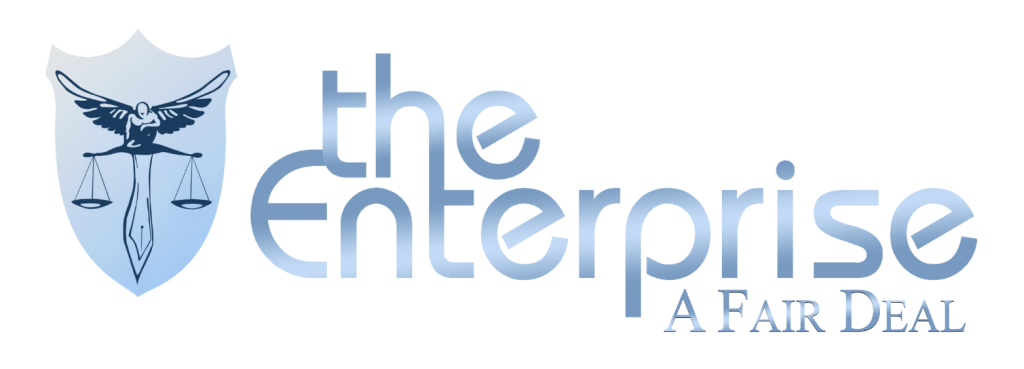
Stop, Go: Kapampangan Traffic Signs
September 25, 2021
Pinoy Baiting: An Online Virus to Beat
September 29, 2021Are fansubs and scanlations piracy?

If you are reading this, it is certain that you are interested in this topic and that you love manhwa or manga, and most likely binge-watching anime and Asian dramas. The question is, do you consume them legally, or do you rely on fansubs and scanlations created by fans without the creator’s contractual consent?
By thoroughly browsing the internet, you can easily access your favorite graphic novel or drama without paying a centavo. However, have you ever considered the downsides of consuming fansubs and scanlations? If you are still dependent on illegal websites to entertain yourself, I highly suggest you scroll down and read more.
There are several reasons why you should stop utilizing illegal fansubs and scanlations.
What are Scanlations and Fansubs?
Scanlation is a comic that has been scanned and translated to generate a version with another language for free online distribution. Fansubs, on the other hand, are “translations by fans, for fans,” where subtitles are added to videos.
All may seem fine. These are but mere actions of die-hard fans to help other fans understand what they are consuming, but the problem arises when such activities are taken up a notch.
Life is at stake
In 2020 alone, the Korean Foundation for International Cultural Exchange reports that in more than 30 nations, there are over 1,300 scanlation aggregation websites. These websites have 40 version languages and have a total of 334.8 billion page views. This growing illegal scanlation made the creators suffer financially and even psychologically.
Behind these fansubs and scanlations are a group of people who collaborate through the internet. They view their work as a global promotion to the webtoon and the original creator. On the other hand, creators see these illegal scanlations as blatant piracy. Creators are furious that these activities directly affect the purchases of their official work and, of course, their profit. It is a threat to their living.
Some even faced serious cyberbullying as a result of speaking out for their intellectual property rights. Also, the union survey revealed that most Korean webtoon creators have considered retiring because the illegal scanlations have made their current comics challenging to continue.
The long-term damage
The Korean government made an action to end these illegal works. They conducted a three-year-long investigation of the people involved in the unlawful distribution of Korean works and confiscated the profits derived therein.
Take note that, as Asian dramas and anime have gained popularity, there have been numerous online sites and applications that allow you to legally consume these contents as long as you create an account. Purchasing a premium account is merely an option, not mandatory.
Japanese creators of manga and anime have suffered the same consequences of illegal fansubs and scanlations. The Diet, Japan’s national legislature, enacted the ban of illicit downloading manga, magazines, and academic texts this year. This enactment is part of the revision of the Anti-Online Piracy law to tighten their copyright control further. The law came about due to the rising number of people who consumed the Mangamura site, which caused an estimated loss of $2.75 billion to publishers.
Support, don’t extort
Going back to the question, are fansubs and scanlations piracy? Technically, yes, they are considered piracy. But then again, it would always depend on the publishing company to take action against these illegal works. A triggering factor in legal action is when fansubs and scanlations have directly affected the production of original work to lower profitability.
Fansubbing and scanlations are generally for free and non-profit-making. With its nature, these are qualified for the criteria of the Fair Use doctrine, which is the ability to use copyrighted materials without the owner’s consent, provided that the purpose does not detract from the four criteria of the said doctrine.
The key is to strike the right balance. It is up to the fans to uphold their ethics and not support fansubs and scanlations when official publications are available in their preferred language. There are a bunch of legal ways to read these and besides, considering the amount of effort behind these masterpieces—spending money would surely be worth it.
LAYOUT BY: Alexandria M. Briones
PHOTO SOURCE(S): Medabase, Tumblr


